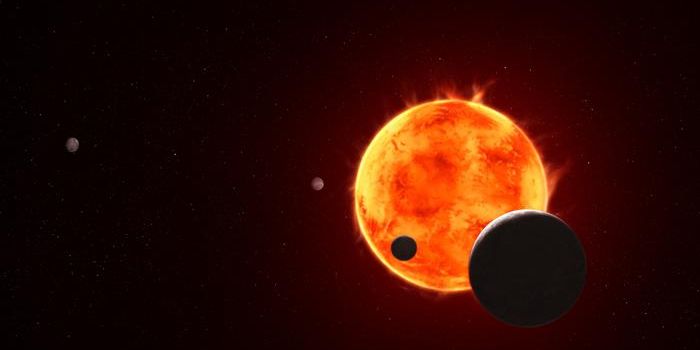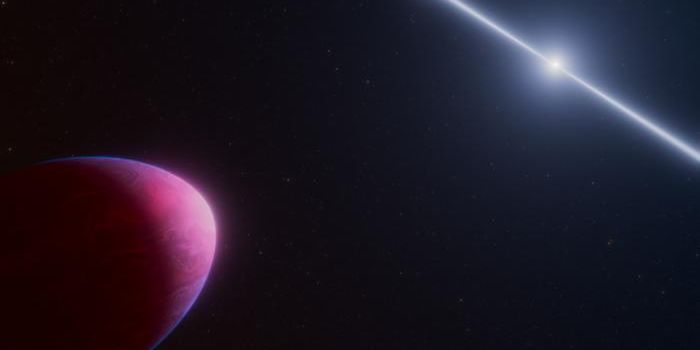SpaceX Test-Fires the Falcon Heavy's Engines
SpaceX’s brand-new Falcon Heavy rocket is now one step closer to blasting off. The commercial space company conducted preliminary static fire tests on Wednesday to ensure that the rocket’s 27 Merlin engines perform as expected.
Image Credit: Elon Musk/SpaceX/Twitter
The static fire test involved anchoring the rocket to the Earth to prevent it from lifting off the ground. Specialized sensors attached to the rocket at the time of the trial enabled SpaceX engineers to capture valuable engine data.
As all 27 of the Falcon Heavy’s engines ignited at the launch pad, the heat kicked up impressive cloudy plumes that could be seen from several miles away. Cameras placed all around the launch pad recorded the event from a distance. You can watch the ensuing video footage below:
Related: SpaceX's Falcon Heavy rocket stands tall at NASA's launch pad 39A
The test didn’t last very long, but it was enough to take note of essential variables like thrust and heat, among other things. Engineers will use this data to fine-tune the official launch and improve upon the Falcon Heavy’s design in the future.
And speaking of the launch, it seems we won’t have to wait too much longer to witness the Falcon Heavy’s maiden flight. A Tweet posted by SpaceX CEO Elon Musk on Wednesday hints that the behemoth rocket will take off “in a week or so.”
While the Falcon Heavy might look like three Falcon 9 rockets strapped together, looks can be deceiving. It generates enough thrust to lift 119,000 pounds off the Earth’s surface, and it’s one of the most powerful rockets ever built.
SpaceX will throttle Falcon Heavy’s performance at 92% during its maiden flight, but no one knows yet whether the rocket will reach space or blow up somewhere in between. It’s a gamble SpaceX will need to take, but the outcome should prove entertaining no matter how it ends.
Assuming everything goes well, SpaceX's Falcon Heavy might become the go-to rocket for ferrying some of the heaviest telecommunications satellites into space. Moreover, it could serve as the primary transportation vehicle for sending humans to Mars when the time comes.
Source: SpaceX, Elon Musk (Twitter) via BBC









